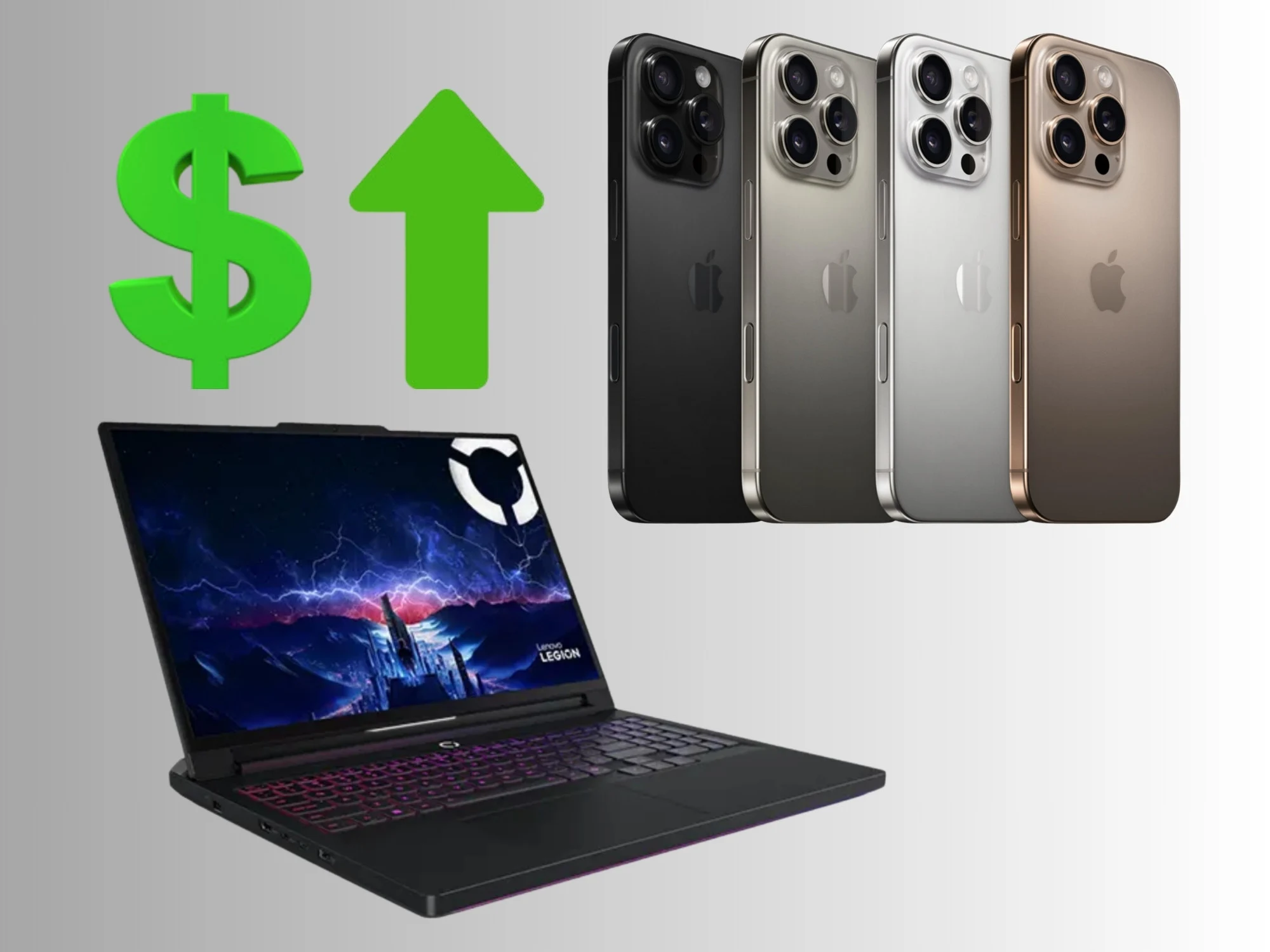Key Takeaways
– Trump granted temporary tariff exemptions for imported smartphones and computers, raising hopes for stable prices.
– U.S. Commerce Secretary Howard Lutnick warned of potential new tariffs on electronics within a month, affecting consumer decisions.
– Electronics manufacturers face uncertainty due to unpredictable tariffs, leading to sales and shipment halts.
– Efforts to increase domestic production of electronics may take years and could result in higher prices for consumers.
– Companies like Apple and Nintendo are shifting production to avoid tariffs, but new semiconductor tariffs could still affect pricing.
On April 12th, it was revealed that Trump had granted tariff exemptions for imported smartphones and computers. This news sparked optimism among consumers that the prices and availability of popular tech products would stay steady. Unfortunately, it seems this relief from tariffs might be short-lived. U.S. Commerce Secretary Howard Lutnick informed ABC News that different tariffs on a range of electronics could be implemented in as little as a month.
Latest Tariff Updates
Lutnick shared the most recent information regarding tariffs on the ABC This Week program. He clarified that the forthcoming semiconductor tariffs would affect smartphones and computers. While he did not specify any percentage rates, the penalties could be milder than those imposed on other countries. Nevertheless, consumers are once again questioning whether they should buy electronics now before prices go up.
Manufacturers in a Bind
Electronics manufacturers are also in a tricky position regarding how to deal with the unpredictable Trump tariffs. Before the recent exemptions, many tech products produced in China were subjected to tariffs as high as 125%. Companies that make laptops, such as Razer, Dell, and Lenovo, have either ceased sales to U.S. customers or stopped shipments altogether. Due to the uncertainty around import charges, these firms may not quickly begin selling again.
Domestic Production Challenges
The Trump administration aims to boost domestic production of smartphones, laptops, and other electronic devices. However, most economists believe that this transition will take several years. Moreover, the products made domestically might still be priced higher than what Americans currently pay. Apple has pushed back against this notion, asserting that U.S. consumers wouldn’t gain from having cheaper iPhones.
In a strategic move, Apple is building up its stock of iPhones in India to sidestep the most significant tariffs imposed on products from China. These smartphones will then be shipped to customers in the U.S. Similarly, Nintendo has used a comparable tactic with their Vietnam-manufactured Switch 2 consoles. Regardless, future semiconductor tariffs could still impact electronics, no matter where they are produced.
Source:
Link



Leave a Reply